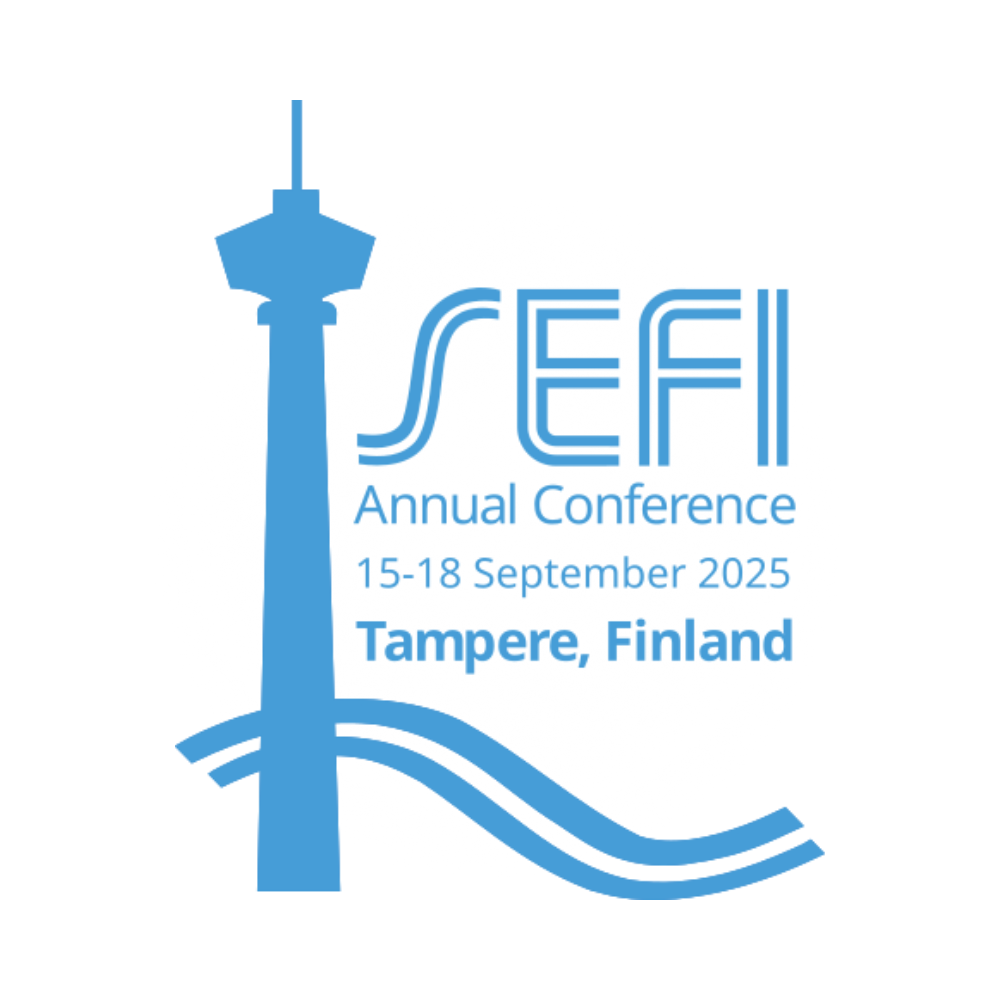We are excited to announce that registrations for the 53rd SEFI Annual Conference are now…


Fátima Monteiro, (Instituto Superior de Engenharia de Coimbra) and Carlinda Leite (Faculdade de Psicologia e de Ciências da Educação da Universidade do Porto ) Portugal
The professional practice of engineering implies decisions that often lean on ethical and deontological issues, namely due to their relationship with social, economic and environmental aspects. The enormous problem that climate change represents for the future of Humanity shows, in a dramatic way, the short, medium and long term potential consequences of engineering actions. They also show the importance of decisions being made in an informed, enlightened and ethically responsible manner. Therefore, the need to incorporate ethical education in engineering courses is acknowledged.
However, it remains absent in most engineering courses in Portugal. Entities that regulate the professional practice of engineering in Portugal – such as the Association of Engineers (Ordem dos Engenheiros – OE) and the Association of Technical Engineers (Ordem dos Engenheiros Técnicos – OET), as well as the Agency for Assessment and Accreditation of Higher Education (Agência de Avaliação e Acreditação do Ensino Superior – A3ES) – can play an important role in this situation considering the power and influence they have over the curricula of engineering courses and the skills expected of graduates.
OE and OET recognize that engineering is a profession that, due to its complex and specialized technical-scientific character, is publicly trusted. These entities also recognize that the consequences of the engineering’s actions can be tragic if they are not guided by ethical responsibility, alongside technical and scientific competence. In view of this, they require a very short training focused on deontological and legal aspects, as a condition for the exercise of engineering. This indicates that they recognize the importance of ethical education, while limiting it to a legalistic view of compliance with the codes of ethics. These entities could have a very relevant role in encouraging and promoting the incorporation of ethical education in engineering courses in Portugal. By not making higher education institutions responsible for the ethical education of engineering students, they set aside this training to a residual place.
Being higher education responsible for preparing engineering graduates for professional practice, it makes perfect sense that they are also responsible for the ethical education of their students. Ethical education cannot be limited to the knowledge of deontological codes (although it must also be incorporated). It requires time, reflection and the development of critical analysis skills associated with the technical training of students throughout their academic path. It was in this sense that the Bergen Conference (EHEA, 2005) considered that each European degree of higher education should provide students with competencies in “analyzing the ethical and social implications and responsibilities”. A3ES, responsible for the accreditation of higher education courses in Portugal, has not taken a firm stance on ethical education in engineering courses. In practice, without having a clear recommendation, the importance attached to the presence of ethical education depends on each training institution. Although there is a situation in which A3ES recommended the incorporation of a class on ethics in a computer engineering course, this recommendation was poorly received by some teachers who did not understand its importance in the curriculum, not least because this change was not made in the other engineering courses, or in computer engineering courses from other institutions, which indicates that it was a position of the committee that evaluated that course.
Considering what is happening in Portugal as a reference, the need to sensitize engineering teachers to the importance of the ethical dimension is acknowledged. On the other hand, taking into account the influence that OE, OET and A3ES can have with higher education institutions, it is crucial that they recognize that ethical education must occupy a proper place in engineering courses in Portugal.


